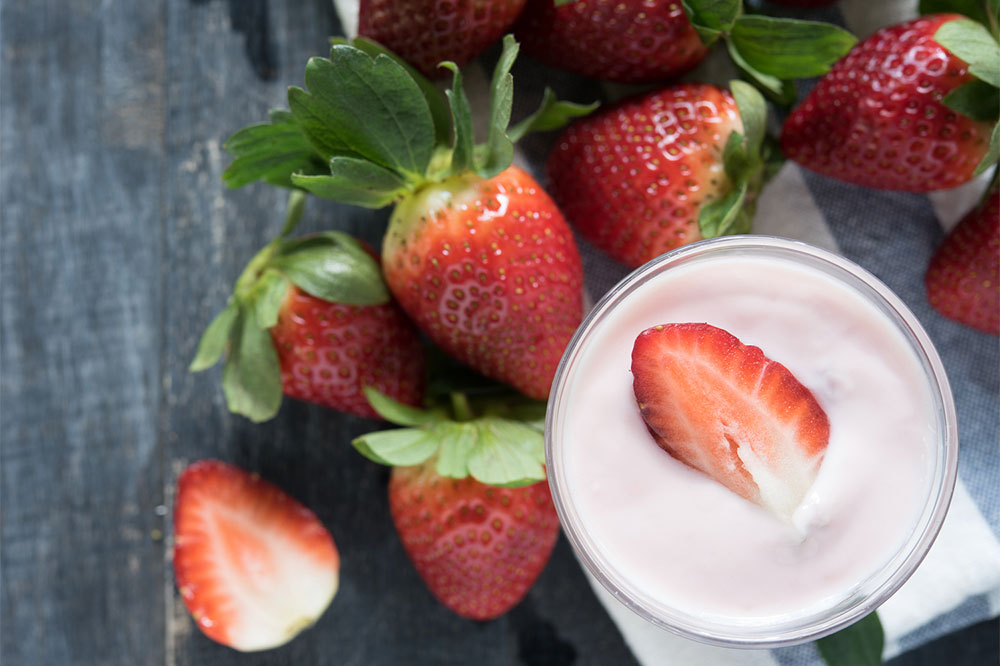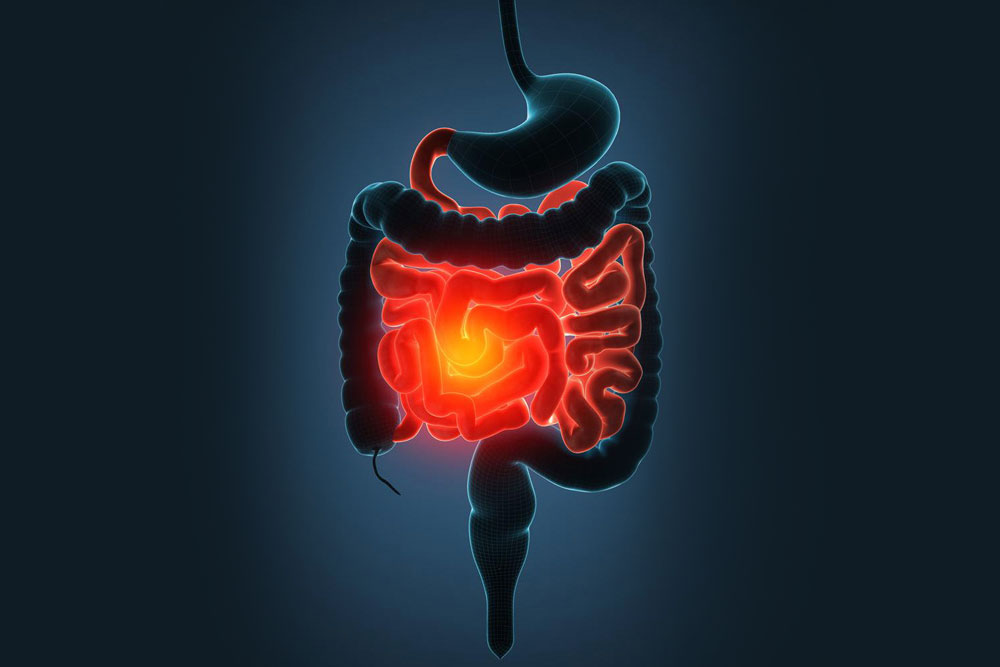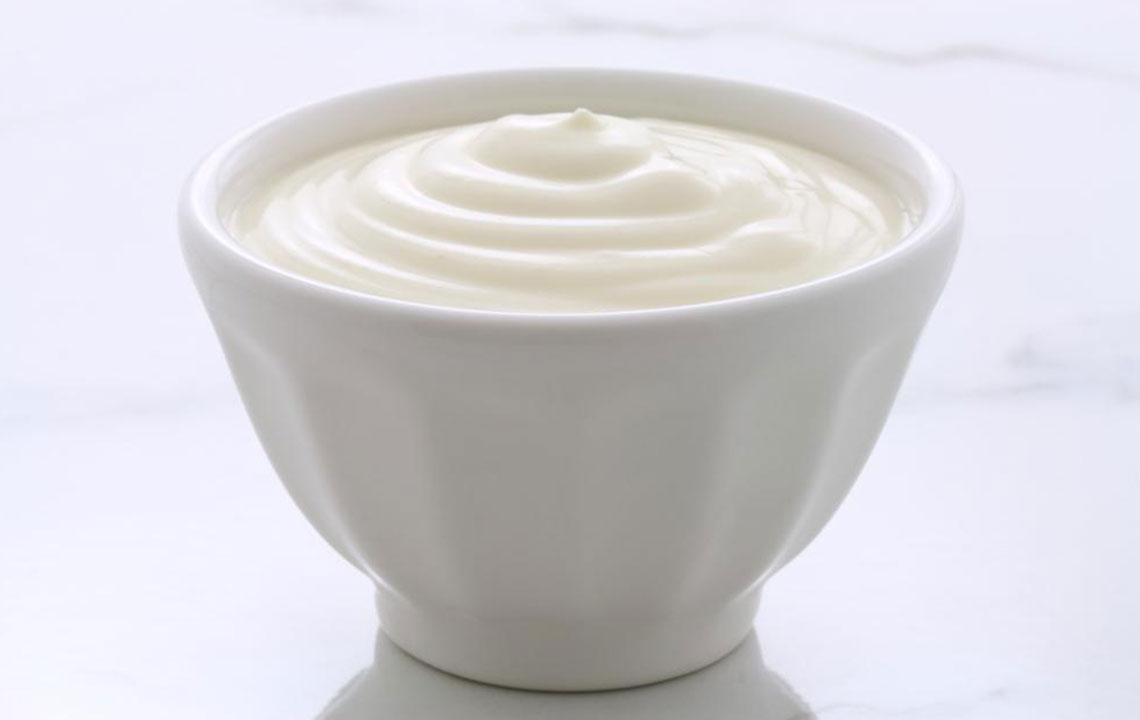Comprehensive Guide to Dietary Strategies and Medical Treatments for Managing Ulcerative Colitis
This comprehensive guide explores effective dietary strategies and medical treatments for managing ulcerative colitis. It highlights foods like nuts, cooked vegetables, yogurt, and fish, along with medications such as Stelara, Entyvio, and Remicade, providing essential insights for better disease management. A combination of diet and medical therapy can significantly improve quality of life for those affected.

Effective Dietary Approaches and Medical Interventions for Ulcerative Colitis Relief
Ulcerative colitis is a chronic inflammatory bowel disease characterized by the immune system's abnormal response, which leads to inflammation, ulcers, and soreness in the lining of the colon. Managing this condition involves a multifaceted approach, combining medication with dietary and lifestyle adjustments. While the disease is long-term, certain dietary choices can significantly alleviate symptoms, reduce flare-up frequency, and improve the overall quality of life for those affected.
Key Dietary Foods to Support Ulcerative Colitis
Nut Butters and Healthy Fats
Nut butters, including peanut butter, almond butter, and cashew butter, are nutrient-dense foods rich in healthy fats, protein, and essential nutrients. During ulcerative colitis flare-ups or when symptoms are active, these foods can have a soothing effect on the gastrointestinal tract. The healthy fats help reduce inflammation and provide a slow release of energy, supporting overall gut health. Incorporating small amounts of nut butters into your diet, such as spreading on gluten-free bread or mixing into smoothies, can be beneficial.
Cooked and Peeled Vegetables
Soft, cooked vegetables that have been peeled are easier to digest and less likely to irritate sensitive inflamed tissues. Examples include carrots, spinach, parsnips, turnips, and potatoes. Cooking vegetables thoroughly breaks down tough fibers and reduces their potential to cause discomfort. These vegetables are rich in vital nutrients such as vitamins A, K, and C, which have anti-inflammatory properties and support immune health.
Probiotic-Rich Yogurt
Fermented dairy products like plain, unsweetened yogurt introduce beneficial probiotics into the gut. These live bacteria help restore and maintain a healthy microbial balance, which is crucial for managing ulcerative colitis. A healthy gut flora can potentially decrease inflammation and reduce the severity of flare-ups. When choosing yogurt, opt for plain varieties without added sugars or artificial sweeteners, as these can worsen symptoms. Incorporate yogurt into your breakfast or snacks for optimal gut support.
Omega-3 Rich Fish: Salmon and More
Salmon is renowned for its high content of protein and omega-3 fatty acids, both of which play a role in reducing inflammation associated with ulcerative colitis. Consuming fatty fish like salmon at least twice a week can significantly contribute to lowering inflammatory markers. Other omega-3-rich options include shrimp, tuna, mackerel, and sardines, which can be included in a balanced diet. Preparing these fish meals grilled, baked, or poached ensures maximum nutrient retention and minimizes added fats or oils.
Medical Treatments for Ulcerative Colitis
Besides dietary modifications, several medical therapies are available and have been proven effective for managing ulcerative colitis symptoms and inducing remission. These treatments are prescribed based on the severity of the disease and individual patient response.
STELARA® (Ustekinumab)
This biologic medication is approved for individuals aged six years and older with moderate to severe ulcerative colitis. It works by targeting specific pathways in the immune system to reduce inflammation, often providing rapid symptom relief within approximately eight weeks. STELARA can be administered via injection, typically every 8 to 12 weeks, depending on the treatment plan.
Entyvio® (Vedolizumab)
Entyvio is used primarily for adult patients who have not responded adequately to other treatments. It functions by blocking specific molecules involved in gut inflammation, helping to maintain remission and improve quality of life. The medication is given through intravenous infusion, usually lasting about 30 minutes, administered every 8 weeks after initial loading doses.
Remicade® (Infliximab)
Remicade is an injectable biologic therapy that targets tumor necrosis factor-alpha (TNF-alpha), a substance involved in systemic inflammation. It’s often used in moderate to severe cases of ulcerative colitis to reduce symptoms, promote healing of the intestines, and induce remission. Regular infusions, typically every 6 to 8 weeks, are part of the treatment protocol, and it may be combined with other medications for optimal results.
Managing ulcerative colitis effectively involves a strategic combination of dietary choices, medical interventions, and lifestyle adjustments. Patients should work closely with healthcare providers to tailor a plan suited to their specific condition, ensuring optimal symptom control and improved life quality.





